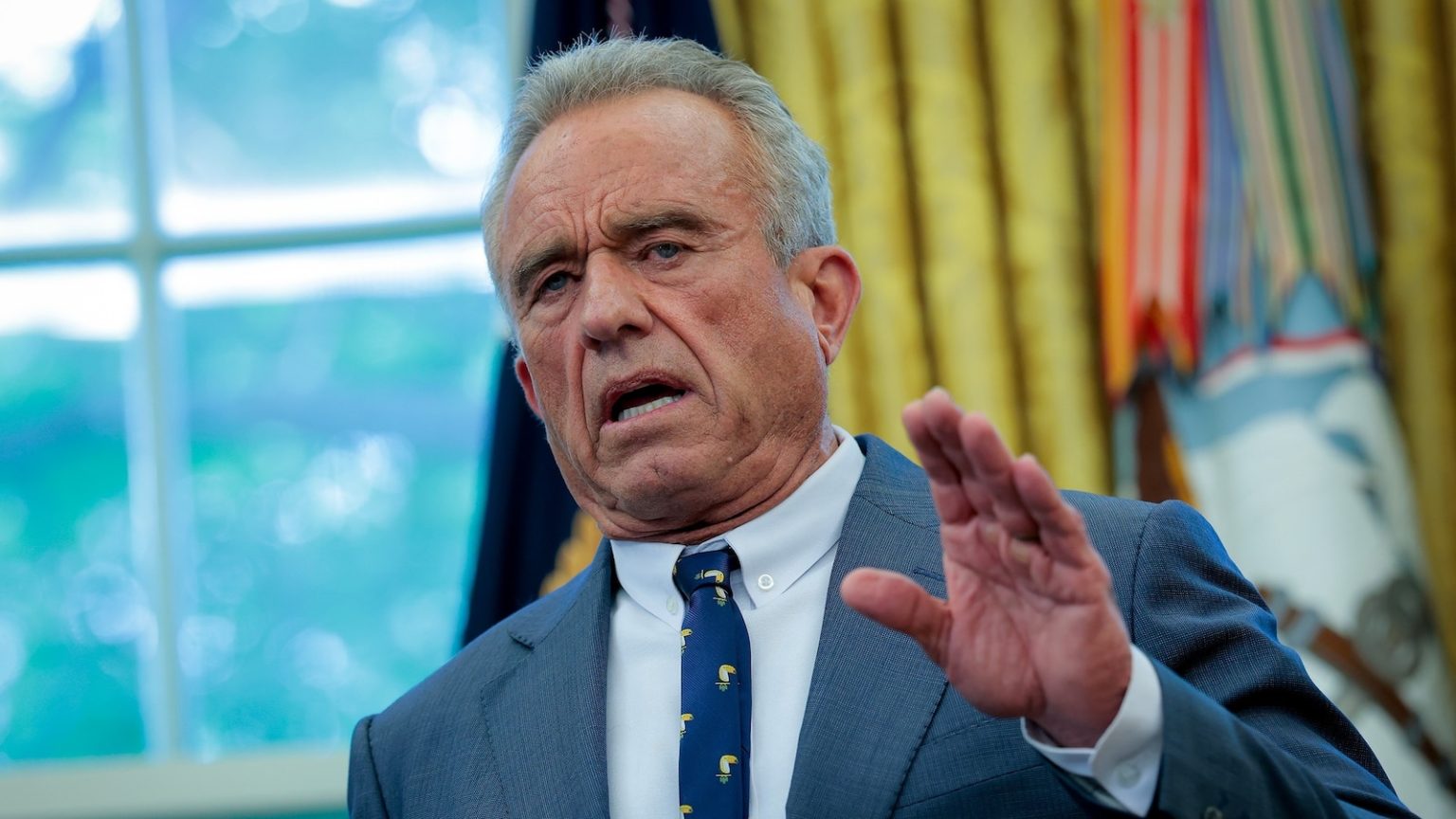A bipartisan group of senators sent a letter to Health and Human Services (HHS) Secretary Robert F. Kennedy Jr. warning him that cuts to the agency could severely impact the Indian Health Service (IHS).
The letter — delivered on Tuesday from Sens. Jeff Merkley (D- Ore.), Brian Schatz (D-Hawaii) and Lisa Murkowski (R-Alaska) — expressed concern over the IHS’ ability to take care for more than 2.8 million American Indians and Alaska Natives.
In April, HHS began laying off about 10,000 workers and consolidating 28 institutes and centers into 15 new divisions. Including the roughly 10,000 people who have left over the last few months through early retirement or deferred resignation programs, the overall staff at HHS is expected to fall from 82,000 to around 62,000 — or about a quarter of its workforce.
IHS has been exempted from probationary employee staffing reductions, but the senators noted that cuts to other agencies within HHS that serve Native communities are impacting IHS.
They added that the hiring freeze is exacerbating existing critical staffing issues, including a need for laboratory technicians and administrative personnel.
A small child walks toward the front door of the Public Health Service Indian Hospital on the Standing Rock Reservation in Fort Yates, N.D., Oct. 14, 2008.
Will Kincaid/AP
“We urge you to take immediate action to ensure that the IHS programs serving Native communities have the resources and staffing necessary to fulfill their missions and halt any further actions affecting Tribal health care delivery without first engaging in meaningful Tribal consultation,” the letter read.
Merkley, Schatz and Murkowski also described in the letter how American Indians and Alaska Natives are an incredibly vulnerable population “falling behind in nearly every health metric.”
In the 2023 National Health Interview Survey — run by the Centers for Disease Control and Prevention’s (CDC) National Center for Health Statistics (NCHS) — 21.8% of those who identify as only American Indian or Alaska Native reported being in fair or poor health, which was the highest rate seen among any racial or ethnic group.
NCHS data show American Indians and Alaska Natives are disproportionately affected by diabetes, angina — which is chest pain caused by reduced blood flow to the heart — and disability.
Additionally, American Indians and Alaska Natives have the lowest life expectancy of any racial or ethnic group in the U.S. with an average expectancy of 67.9 years as of 2022, according to the CDC.
“Native communities deserve reliable access to quality health care, and we urge you to reevaluate all actions that jeopardize delivery of any health care services for American Indians and Alaska Natives,” the senators wrote.
HHS did not immediately reply to ABC News’ request for comment
ABC News’ Cheyenne Haslett and Will McDuffie contributed to this report.


